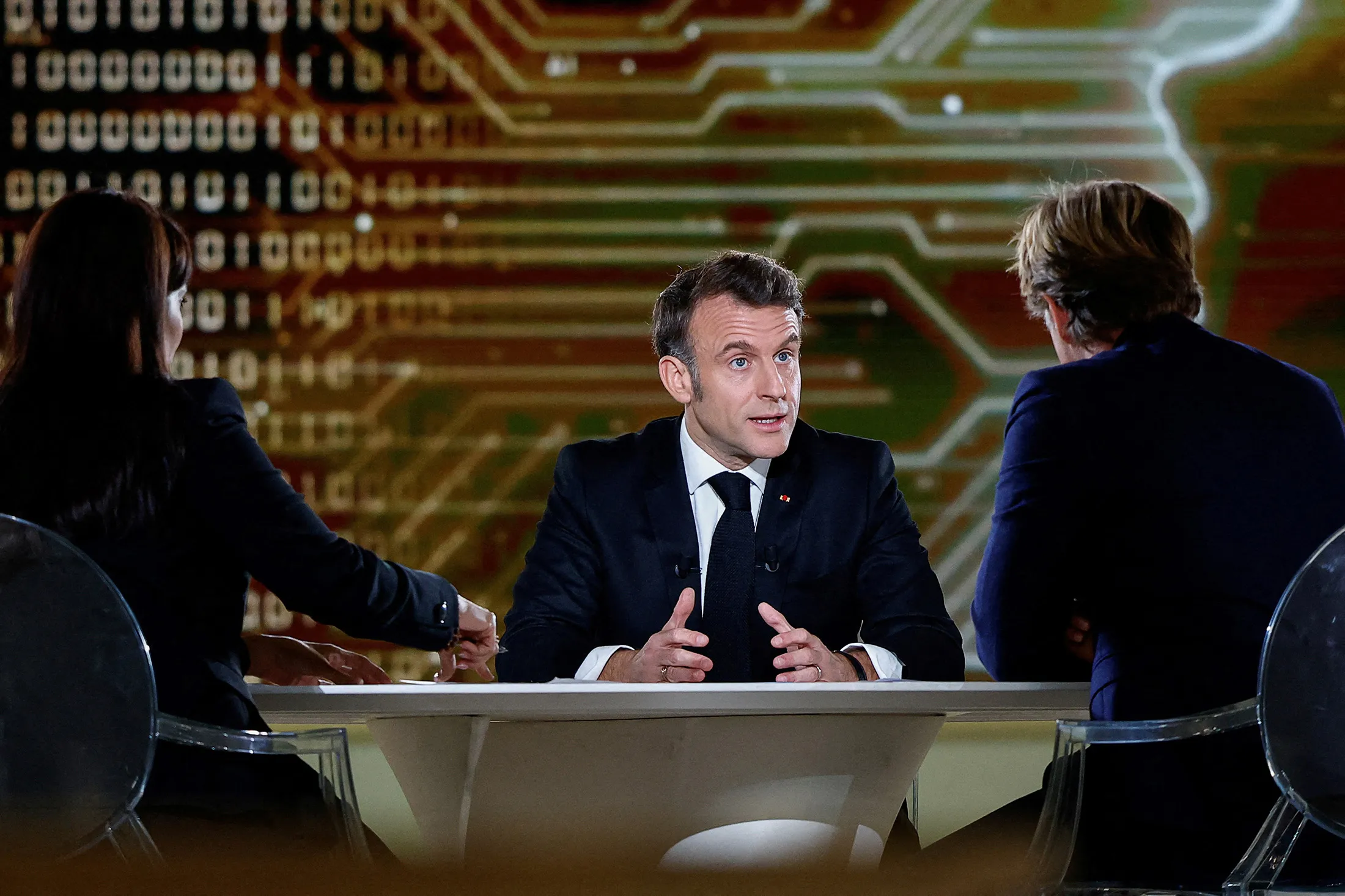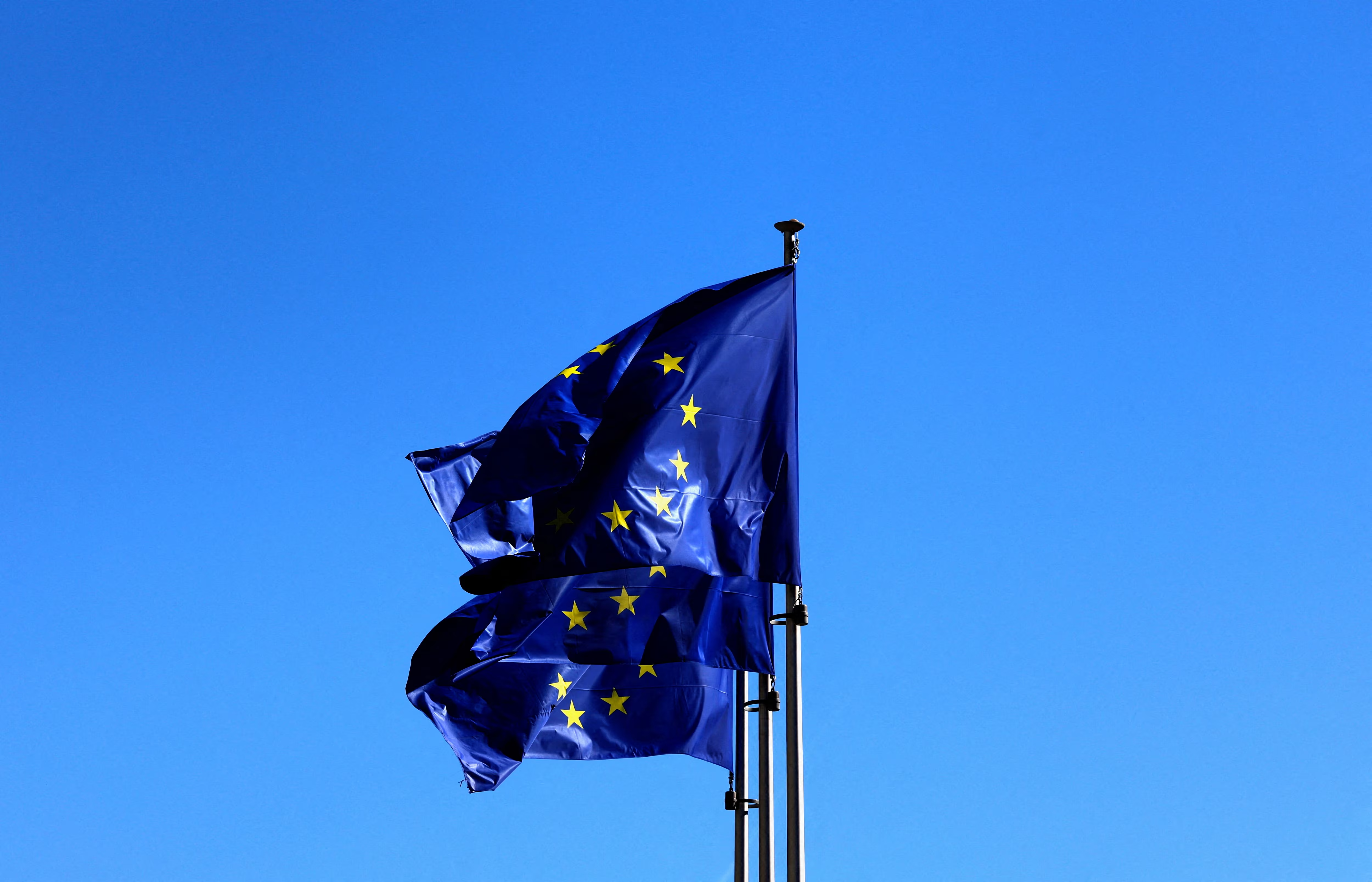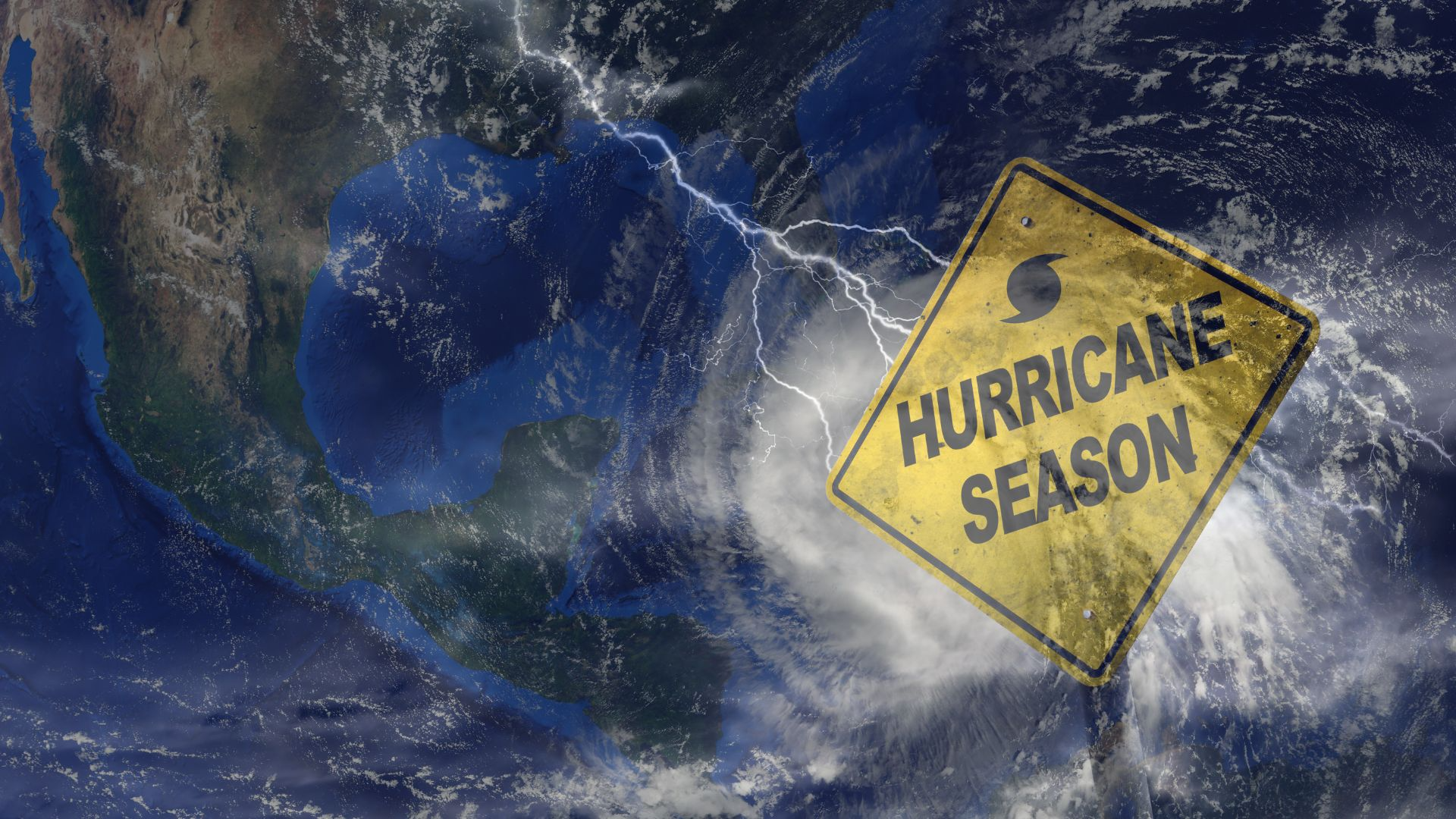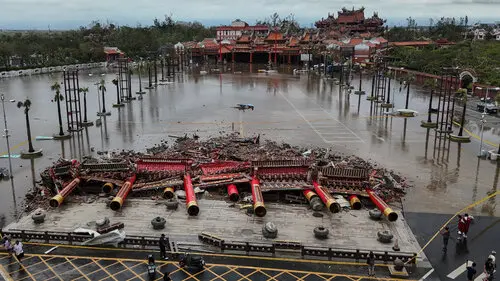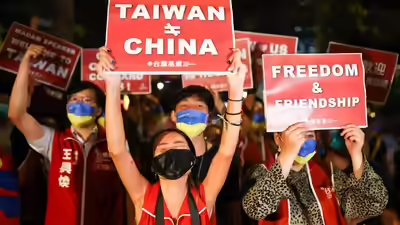
Beijing Issues Strong Protest Against U.S. Congressional Delegation to Taiwan, Warns of “Severe Consequences”
In a sharp escalation of diplomatic tensions, China has formally lodged a protest against the United States following the arrival of a bipartisan U.S. congressional delegation in Taiwan. The move, which Beijing described as a “provocative violation” of the One China Principle, has drawn fierce condemnation from Chinese officials, who warned that such actions could lead to “severe consequences” for bilateral ties and regional peace.
The delegation, led by Senator Lindsey Graham and Representative Ro Khanna, landed in Taipei on Monday, where they met with Taiwanese President Lai Ching te, reaffirming U.S. support for Taiwan’s democratic institutions and defense capabilities. This visit comes just weeks after a major U.S. arms sale to Taiwan was approved, further inflaming tensions between Washington and Beijing.
China’s Response Firm Rejection and Military Maneuvers
In a late night statement, the Chinese Foreign Ministry said it “strongly opposes and condemns” the visit, calling it a violation of China’s sovereignty and a challenge to its core interests.
“The United States must not underestimate China’s determination to safeguard its territorial integrity,” said Foreign Ministry spokesperson Lin Jian. “Taiwan is an inalienable part of China. We urge the U.S. to stop sending the wrong signals to ‘Taiwan independence’ separatists.”
In a swift show of force, China’s People’s Liberation Army (PLA) Eastern Theater Command announced a series of “combat readiness patrols and joint military drills” around Taiwan. State run broadcaster CCTV aired footage of Chinese warships, bombers, and fighter jets operating near the Taiwan Strait.
Chinese analysts said the military exercises were meant to send a clear deterrent message, warning that continued U.S. Taiwan engagement could lead to “unforeseen risks” in the region.
U.S. Defends Visit as Symbol of Democratic Solidarity
U.S. lawmakers defended the delegation’s visit, insisting it aligns with the Taiwan Relations Act and is part of a long standing American commitment to peace and stability in the Indo Pacific.
“This is not about provoking conflict,” said Senator Graham during a press conference in Taipei. “This is about supporting freedom, democracy, and our allies. Taiwan has the right to exist in peace, and the U.S. has the responsibility to help deter coercion.”
Representative Khanna echoed similar sentiments, stating that the trip aimed to strengthen economic, technological, and cultural exchanges, especially in areas like semiconductor cooperation and cybersecurity.
Taiwan Responds with Caution and Resolve
President Lai Ching te, who has taken a measured approach to cross strait relations since assuming office in May, thanked the U.S. delegation for their support while reiterating Taiwan’s commitment to peace.
“Taiwan will neither yield to pressure nor seek confrontation,” said Lai. “We stand firm in our democratic values and seek constructive dialogue with all sides to maintain regional stability.”
Taiwan’s Ministry of National Defense confirmed that it had detected 28 PLA aircraft and 9 naval vessels near its air defense identification zone (ADIZ) within 24 hours of the visit, but assured the public that its forces were “monitoring the situation closely.”
International Reaction and Regional Concerns
The escalating standoff has drawn concern from neighboring countries and international observers. Japan and Australia urged all parties to exercise restraint, while the European Union reiterated its support for the status quo in the Taiwan Strait.
Analysts warn that the current trajectory of U.S. China relations particularly around Taiwan could lead to accidental escalation. “We are entering a period of intensified friction with lower diplomatic buffers,” said Dr. Mei Li, a geopolitical expert at the University of Hong Kong. “Both sides are signaling strength, but the margin for miscalculation is shrinking.”
Strategic Stakes More Than Symbolism
While this is not the first time a U.S. delegation has visited Taiwan, the timing is significant coming amid global instability, war in Ukraine, and rising concerns over Beijing's growing assertiveness in the South China Sea and East Asia.
Moreover, with Taiwan’s 2025 national defense reforms underway and greater military cooperation with the U.S., observers suggest Beijing may feel increasingly compelled to assert dominance either diplomatically or militarily.
China’s embassy in Washington has lodged a formal diplomatic complaint, and state run media outlets like the Global Times are now calling for economic retaliation and sanctions against American lawmakers and defense contractors.
The Road Ahead
As tensions mount, the path forward remains precarious. China’s latest protest marks one of the sharpest warnings issued since former House Speaker Nancy Pelosi’s visit to Taiwan in 2022, which triggered weeks of live fire drills around the island.
With both the U.S. and China entering election cycles and nationalism running high, Taiwan is once again at the center of a global geopolitical fault line. if cooler diplomatic heads will prevail or if brinkmanship will dominate the agenda remains to be seen in the months ahead.
Related Post
Popular News
Subscribe To Our Newsletter
No spam, notifications only about new products, updates.


